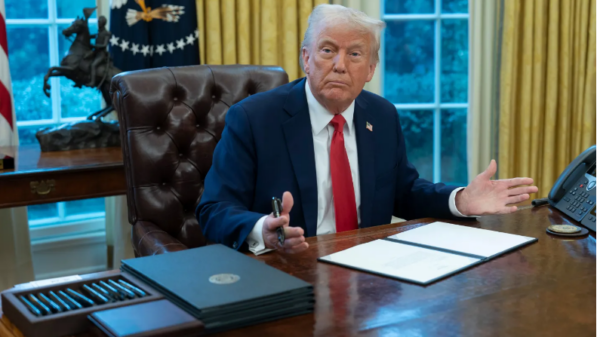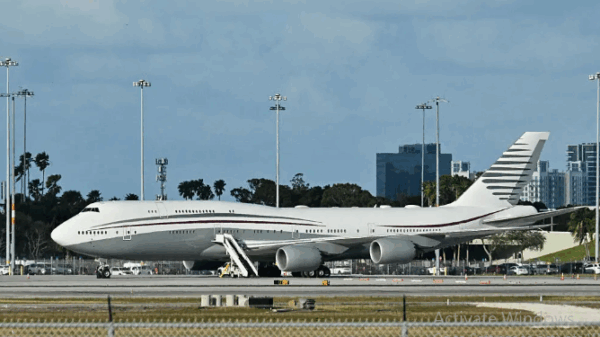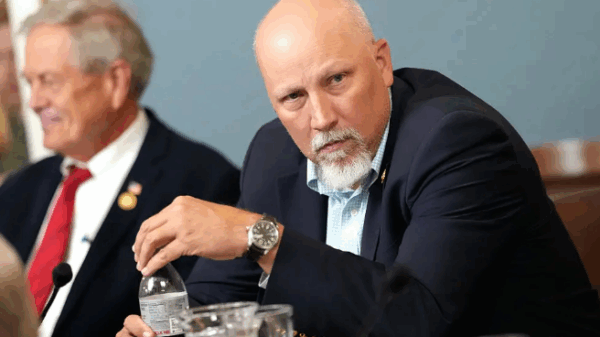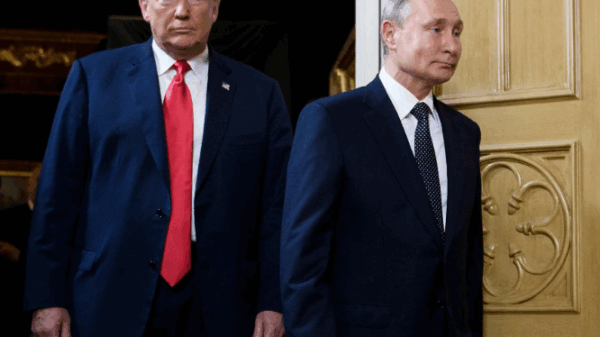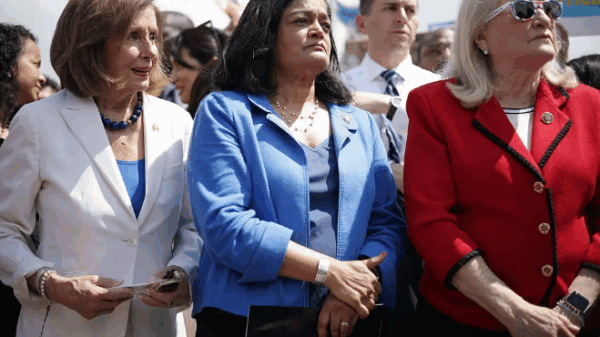President Donald Trump issued an executive order on Monday temporarily halting all U.S. foreign assistance programs for 90 days. The move aims to evaluate whether these programs align with his administration’s policy priorities.
The scope of the suspension remains unclear, as much of the foreign aid funding has already been appropriated by Congress and, in many cases, obligated or spent. However, the decision signals a significant shift in how the Trump administration plans to approach international aid.
The executive order criticized the current foreign aid framework, claiming it is “not aligned with American interests” and, in some instances, “antithetical to American values.” It further argued that foreign aid often undermines global stability by promoting ideas contrary to peaceful and harmonious relations.
“No further United States foreign assistance shall be disbursed in a manner that is not fully aligned with the foreign policy of the President of the United States,” the order stated.
Oversight and Implementation
Secretary of State Marco Rubio, who was confirmed last week, is tasked with leading the review process in consultation with the Office of Management and Budget. Rubio emphasized during his Senate confirmation hearing that all foreign aid programs would be evaluated based on three criteria: their justification, alignment with U.S. policy, and measurable outcomes.
The primary agencies overseeing foreign assistance, including the State Department and the U.S. Agency for International Development (USAID), will play a crucial role in implementing the review.
Potential Impact
Foreign aid constitutes approximately 1% of the federal budget, but Trump has been a vocal critic of its use, particularly the billions allocated to Ukraine for defense against Russia’s invasion. According to the latest data from the Biden administration in December 2023, the U.S. had committed $68 billion to programs abroad, ranging from disaster relief to health initiatives across 204 countries.
While long-term aid packages governed by treaties, such as those for Israel ($3.3 billion annually), Egypt ($1.5 billion), and Jordan ($1.7 billion), are unlikely to be significantly affected, other areas may face cuts. Funding for United Nations agencies—traditionally a target for Republican administrations—could be at risk. Trump’s first term saw reductions in payments to the U.N. Population Fund and the Palestinian Authority, as well as the U.S. withdrawal from the U.N. Human Rights Council.
Trump’s executive order underscores his administration’s broader skepticism of foreign aid, reflecting his belief that it should be more narrowly tailored to serve U.S. strategic goals. The 90-day review sets the stage for potential shifts in how the U.S. engages with global partners, with significant implications for both allies and recipients.




